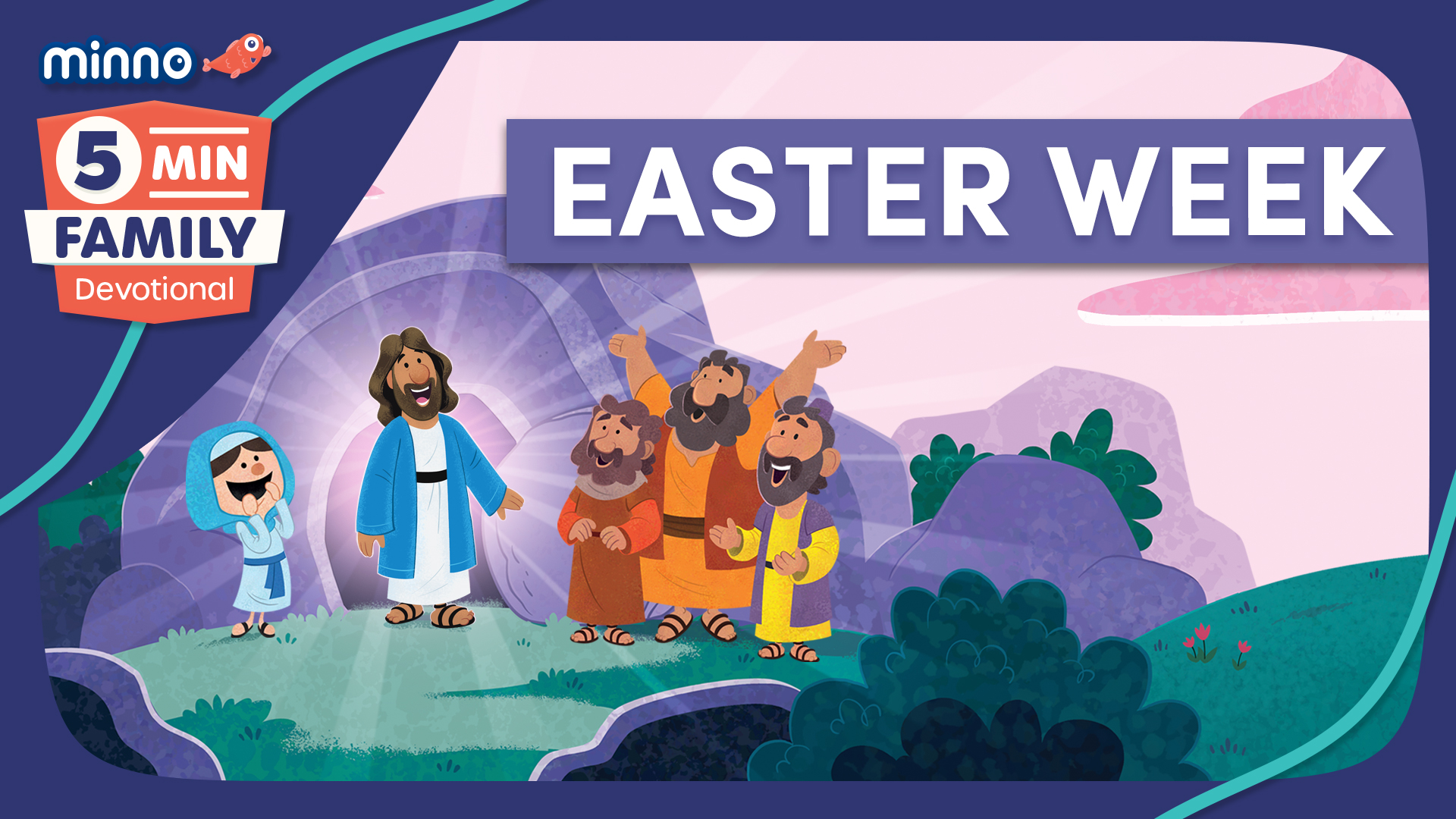What is Shrove Tuesday?

Have you ever wondered why people tend to eat pancakes on the day before Ash Wednesday? Believers around the world celebrate Shrove Tuesday each year and if you’ve never celebrated it yourself, read below to learn what Shrove Tuesday is and how you can celebrate it with your family.
 Download our Easter Family Guide and journey through Holy Week together with these FREE activities and conversation starters.
Download our Easter Family Guide and journey through Holy Week together with these FREE activities and conversation starters.
What is Shrove Tuesday?
Shrove Tuesday is held on the day preceding Ash Wednesday. It signals the end of Epiphany and the beginning of Lent (a time of penance and renewal prior to Easter) in the liturgical calendar of many Christian traditions. Shrove Tuesday ushers in the Quinquagesima, the fifty-day period before Easter, which begins the Sunday before Ash Wednesday. Shrove Tuesday is the final day of “Shrovetide,” a three-day period leading into Lent.[1] Shrove Tuesday occurs precisely 47 days before Easter and is a moveable feast determined by the lunar calendar.
Its name is derived from the term ‘shrive’, which refers to the ritual of confession for sins leading into the penitential season of Lent.[2] In traditions such as Roman Catholicism, a priest administers this ritual and pronounces God’s forgiveness and absolution for sins. The tradition of shriving before Lent dates back to the Middle Ages (c. A.D. 1000).[3]
Who celebrates Shrove Tuesday?
Shrove Tuesday is observed by many church traditions and in various cultures worldwide.[4] Mainline Roman Catholic, Episcopal, Anglican, Methodist, Presbyterian and Lutheran churches observe it. Less evangelical and independent churches observe it. However, a renewed interest in the liturgical calendar and its accompanying practices (such as Shrove Tuesday) has arisen among younger generations of evangelicals.[5]
There is no biblical mandate requiring Christians to observe Shrove Tuesday; it is a matter of personal conviction. However, concepts like confession (Prov. 28:13; James 5:16; 1 John 1:9) and feasting and celebration (Eccl. 3:13; Rom. 14:5-6; 1 Cor. 10:31) are warranted and beneficial for believers.
Why and how do Christians celebrate Shrove Tuesday?
Essential to this day is the practice of confession of sins to God and others. Confession allows believers to acknowledge their sinfulness and need for God’s grace, which is given to them through the person and work of Jesus Christ.
Therefore, Shrove Tuesday is both a day of spiritual preparation and celebration. As a day of spiritual preparation, it is viewed as a time for cleansing the soul from sinful appetites through confession and submission to the Lord.
As a day of celebration, it is the last opportunity to do so before the solemn Lenten season begins. Lent is marked by a forty-day fast (or abstinence) from certain foods and practices. Therefore, Shrove Tuesday is the last day to feast on foods (e.g., meat and fish, fatty foods, sugars, eggs and dairy) traditionally prohibited during the fast.
Shrove Tuesday has a variety of rituals and customs associated with it. It is popularly known as ‘Pancake Day’ or ‘Pancake Tuesday’ in the United Kingdom, because observers eat pancakes made from the rich foods (e.g., eggs, milk sugar) not permitted during the Lenten fast. Games, sport and community events also accompany this day.[6]
How can families incorporate Shrove Tuesday into their traditions?
Shrove Tuesday is a great way to begin incorporating the church calendar into your family traditions. Brainstorm creative ideas together as a family on how to make the most of the day – how to use the time for spiritual growth and growth together as a family.
Consider asking your church to observe Shrove Tuesday together with a pancake dinner or host a feast with friends and neighbors. This is an excellent occasion to share a meal–and your life–with other believers and non-believers in your neighborhood and community. This type of event can serve as a platform for gospel conversations and evangelism opportunities with friends.
You can set aside time that day to focus on scripture that highlight God’s forgiveness (e.g., the Parable of the Prodigal Son in Luke 15:11-32) or read prayers together. The Book of Common Prayer offers a number of prayers of confession and pardon that families can read together. Another work to consider is The Valley of Vision, a collection of Puritan prayers and confessions.
How does Shrove Tuesday prepare us for Lent?
While expressions of Shrove Tuesday vary from culture to culture, many Christians continue to observe it with confession and absolution, in addition to feasting and celebration. It is a reminder that God’s people are entering the Lenten season of fasting and self-denial. Shrove Tuesday prepares believers for Lent by allowing time for reflection and spiritual renewal before entering the solemn Lenten season.
Watch the Easter Week 5 Minute Family Devotional Series on Minno!
. . . . . . . . . .
If you’re already a Minno subscriber, watch now!
Not a subscriber? What are you waiting for?!
Sign up for your free trial HERE.
Read about the days of Holy Week in this series:
What is Holy Week?
Holy Week History: What is Palm Sunday?
Holy Week History: What is Maundy Thursday?
Holy Week History: What is Good Friday?
Holy Week History: What is Easter Sunday?
[1] Herbert Thurston, “Shrovetide,” The Catholic Encyclopedia, Vol. 13 (New York: Robert Appleton Company, 1912), accessed February 5, 2015, http://newadvent.org/cathen/13763a.htm.
[2] F.L. Cross and Elizabeth A. Livingstone, eds., The Oxford Dictionary of the Christian Church (Oxford; New York: Oxford University Press, 2005), 1506.
[3] Fr. William Saunders cites the Anglo-Saxon “Ecclesial Institutes,” recorded by Theodulphus and translated by Abbot Aelfric: “In the week immediately before Lent everyone shall go to his confessor and confess his deeds and the confessor shall so shrive him as he then may hear by his deeds what he is to do [in the way of penance].” Fr. William Saunders, “Shrovetide and Shrove Tuesday,” CatholicCulture.org, accessed February 4, 2015, http://www.catholicculture.org/culture/library/view.cfm?recnum=5877.
[4] For a list of different cultures observing Shrove Tuesday, go to: http://en.wikipedia.org/wiki/Shrove_Tuesday.
[5] Gracy Olmstead, “Why Millennials Long for Liturgy: Is the High Church the Christianity of the Future?,” The American Conservative, accessed February 4, 2015, http://www.theamericanconservative.com/articles/why-millennials-long-for-liturgy/.
[6] “Holidays – Lent,” BBC News, accessed February 5, 2015, http://www.bbc.co.uk/religion/religions/christianity/holydays/lent_1.shtml.
Originally published on February 28, 2017
 Download our
Download our 